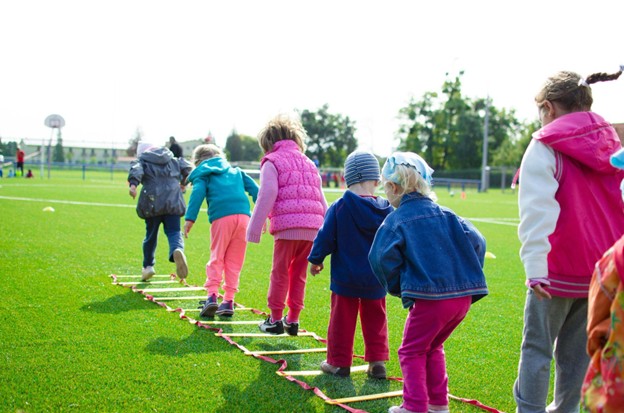By Jessica Brody

There’s no switch that flips kids from “at risk” to “protected.” No single policy, no one-time donation, no one-size-fits-all fix. Advocacy is not about sweeping gestures—it’s about showing up, over and over, in small, human ways that stack into something larger. If you care about vulnerable children—those in unstable homes, underserved schools, or invisible to policy—there are powerful things you can do. Right where you are. The question is not can you help, but where you’ll begin.
Start With What You Can Offer
Advocacy doesn’t always begin in a courtroom or on Capitol Hill. Often, it begins with you—deciding to become a steady presence in a child’s life. Many community leaders emphasize the impact of stepping into mentoring roles to build trust and open doors that systems can’t. Vulnerable kids don’t just need programs; they need people. By volunteering time as a tutor, mentor, or trusted adult, you become part of the web that catches kids before they fall through. What seems small to you may be life-changing to a child who’s never had someone show up just because they care.
Learn What Shapes Behavior
To advocate well, you need to understand what’s beneath the surface. Formal study in child development, trauma psychology, or behavioral systems can sharpen how you act. Flexible options like online programs are built for caregivers, career-pivoters, and folks already doing the work. These degrees don’t just inform—they reframe. You begin to see how choices echo through systems. If this sounds like your next step, learn more here.
Prevention Starts With Connection
Supporting vulnerable children means supporting the people raising them—especially before things break. Across the country, voluntary in-home programs are being used to help families access resources without stigma. One example comes from efforts to engage families before crises through services that offer support without judgment or red tape. That could mean joining networks that help parents access housing, childcare, or respite services before they’re in survival mode. Prevention meets people upstream—when the problems are real, but not yet irreversible. You can change a child’s trajectory by showing up early.
Strengthen What Already Exists
Advocacy isn’t just about stepping in—it’s about stepping back and looking at the systems we’ve normalized. One emerging path is collective food access initiatives like those co‑creating food support locally, where clinics, pantries, and parents work together to restore dignity. How does your town treat hunger? Who decides what counts as “safe” space? Whether it’s a back-to-school clothing drive or a community fridge, your presence matters. You become part of the structure that says: no child in this ZIP code gets left behind.
Show Up Where It’s Hard
Some of the most effective advocacy happens inside the very systems we criticize. Organizations have long emphasized partnering to uphold justice by training community members to walk with children through complex legal situations. These aren’t just lawyers or social workers. They’re volunteers who ensure a child’s needs and experiences aren’t erased by court schedules or bureaucracy. Whether it’s a custody dispute or a foster care hearing, your steady presence can shift the outcome. Real advocacy often looks like patience in uncomfortable places.
Address the Whole Child
It’s not just about paperwork—it’s about presence. Programs that address hunger, stability, and routine are vital in keeping kids grounded. Some communities have started standardizing after‑school nourishment to ensure kids don’t go from cafeteria to chaos. That includes snacks, emotional safety, and a place to land between school and home. These programs thrive when everyday people organize, donate, or simply show up. You don’t need to reinvent anything—just join what already works and help it grow.
Multiply Your Voice
When policies change, it’s often because people wouldn’t shut up. Many wins for vulnerable children—whether in foster policy, education funding, or healthcare—have come from campaigns channeling collective voices for policy. Signing petitions matters. So does calling your rep. Submitting public comments. Attending local hearings. Real policy doesn’t move unless regular people push it—consistently and loudly. If you’ve ever felt like “they” should do something, you might be “they.”
Advocacy isn’t a campaign. It’s a commitment. Not every day will feel powerful, and not every effort will land. But every child you make room for in your day, every caregiver you support, every meal you help serve or system you choose to question—that all adds up. The truth is, vulnerable children aren’t waiting for saviors. They’re waiting for neighbors. And those neighbors? They look a lot like you.
Discover the community of Wellington and beyond with Around Wellington – your go-to source for uplifting news, local events, and inspiring stories!

